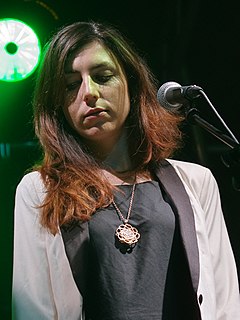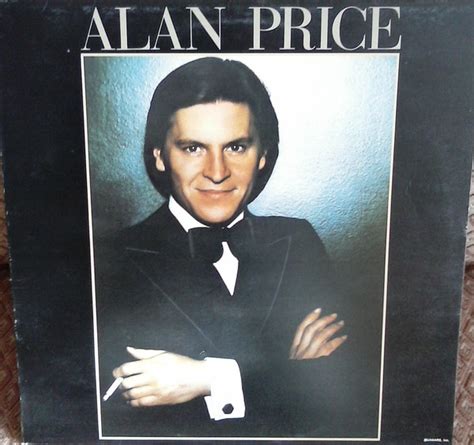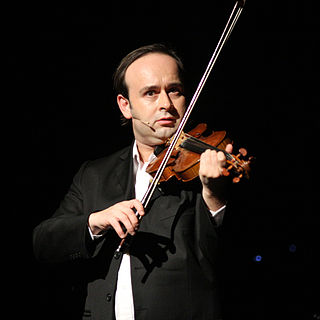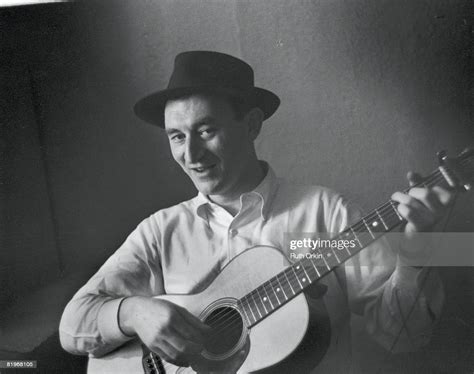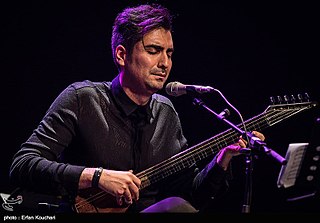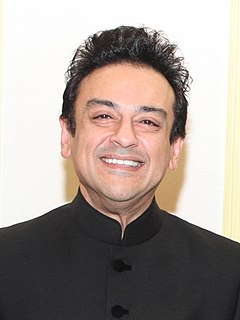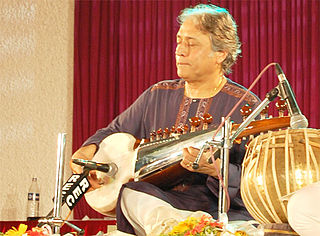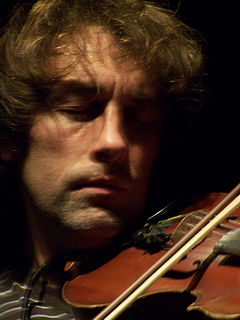A Quote by Julia Holter
One of the struggles that I have with classical music is the way one thinks about a recapitulation. There's always this idea of themes, and I have trouble with that.
Related Quotes
If prayer stands as the place where God and human beings meet, then I must learn about prayer. Most of my struggles in the Christian life circle around the same two themes: why God doesn't act the way we want God to, and why I don't act the way God wants me to. Prayer is the precise point where those themes converge.
I only knew classical music, which to me was the only true music. The only way I could survive at the bar was to mix the classical music with popular songs, and that meant I had to sing. What happened was that I discovered I had a voice plus the talent to mix classical music together with more popular songs, which at the time I detested.
I wouldn't know anything about opera music if it wasn't for Bugs Bunny. That was my entire introduction to opera music. I wouldn't know anything about classical music if it wasn't for "Fantasia." They didn't have to do that stuff. They chose to base this ridiculous, funny, intriguing, creative story on this beautiful classical music. It's the combination of the high and the low that I thought was very cool. But I had no concept of it as a kid.
Classical music and pop are two different universes, each with its own difficulties, peculiarities, depth and artistic dignity. In Italy, I think there is a fairly clear line of demarcation, but the history of music is full of fusion. Popular and classical music have always found points of contact, of crossing, exchange, both drawing mutual profit.
